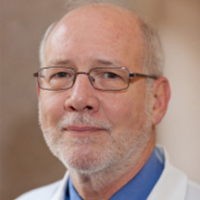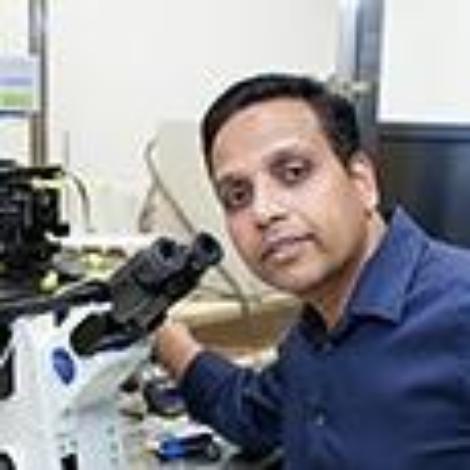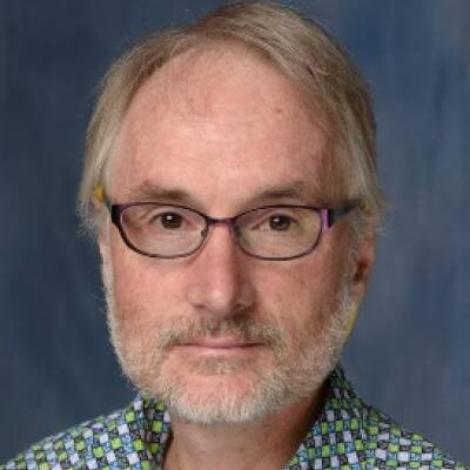|
Evaluation of methods of enhancing the preservation and safety of animal feeds with microbial cultures and antifungal chemicals. Improving the digestion of animal feeds and hydrolysis of biomass with fibrolytic enzymes and chemicals. Using underexploited medicinal plants to improve animal growth, health and welfare Email: adesogan@ufl.edu |
|
Nutrition education with a focus on developing educational materials to promote dietary behavioral changes among low-income adults; using various educational techniques to advance health professionals’ counseling abilities. Email: jandrade1@ufl.edu |
|
Development, implementation and evaluation of sustainable strategies and technologies to address nutrient deficiencies worldwide; focus on complementary feeding, micronutrient delivery vehicles, food fortification, food aid, and sensing devices. Email: jandrade2@ufl.edu |
|
The role that lifestyle factors have in promoting healthy aging and reducing age-related disease conditions including obesity, cardiovascular disease, and metabolic syndrome. Email: santon@ufl.edu |
|
Identify methods for quantifying stress in animals and evaluating nutritional management opportunities for decreasing the detrimental results of stress. Dietary copper and the acute phase response to inflammatory stress. Management systems that optimize stressful events such as vaccination, weaning, and transportation that avoid the nutrient drain associated with prolonged inflammatory distress. Email: jarth@ufl.edu |
|
Focus is nutrition for (1) kidney disease and (2) musculoskeletal health, with special emphasis on vitamin D and mineral metabolism. The lab is developing studies to test the metabolic effects and efficacy of therapeutic diets and other nutrition interventions for kidney disease patients and healthy aging. Email: corabest@ufl.edu |
|
Carnitine metabolism; amino acid metabolism; fatty acid metabolism; nutrition assessment; nutrient needs of physiologically stressed individuals including preterm neonates and patients with HIV disease, ketogenic therapy for seizures and inborn errors of metabolism. Email: prb@ufl.edu |
|
Nutrition- and obesity-related research; understanding factors that contribute to the development of obesity and implementing effective prevention and treatment programs for childhood obesity in underserved populations; specialties include nutrition, obesity, weight management, pediatric obesity, psychosocial factors contributing to obesity, and health disparities. Email: mcardel@ufl.edu |
|
Molecular mechanism of metabolic derangements in obesity and type 2 diabetes; FoxO regulatory network and autophagy which mediate adipose tissue development, expansion and conversion to brown fat; influence of environmental factors (e.g., nutrient and hormone signaling) on DNA methylation. Email: z.cheng@ufl.edu |
|
Intestinal nutrient transport; molecular and cellular biology of iron and copper transporters; dietary and genetic models of iron and copper deficiency; nutrient control of gene transcription; microarray analysis of gene expression. Email: jfcollins@ufl.edu |
|
Nutritional genomics; molecular and cell biology of zinc metabolism and function; regulation of zinc transporter proteins by hormones and cytokines; gene knockout animal models; trace element status assessment technologies. Email: cousins@ufl.edu |
|
Fiber, prebiotics and quality of life/well-being and gastrointestinal health and disease; applications of fiber within medical nutrition therapies, development and sensory evaluation of foods fortified with isolated fiber sources and efficacy and effectiveness of functional fiber fortification. Email: wdahl@ufl.edu |
|
Chemistry and antioxidant capacities of phytochemicals in food, and phytochemical bioavailability and efficacy in preventing chronic diseases. Email: lgu@ufl.edu |
|
Gastrointestinal physiology; Colonic physiology; Clinical nutrition; Energy requirements; Nutrition of greyhounds; Antioxidants and vitamins Email: hillr@ufl.edu |
|
Molecular and cell biology of iron metabolism; iron recycling by reticuloendothelial macrophages; regulation of iron metabolism; nutritional biochemistry. Email: mknutson@ufl.edu |
|
Understanding the fetal origins of pediatric obesity with a specific interest in the functional implications of gut microflora and the critical host-microbe interactions that regulate maternal-infant metabolism. Email: djlemas@ufl.edu |
|
Dr. Leeuwenburgh's research focuses on free radical biology, inflammation, disease and aging. His group also investigates cellular phenomena, such as apoptosis (programmed cell death) that may be linked to mitochondrial aging. Email: cleeuwen@aging.ufl.edu |
|
Understanding the molecular organisms underlying calcium-dependent cardiac dysfunctions and developing novel mechanism-based therapeutics. Email: binliu1@ufl.edu |
|
Evaluating the effects of various approaches to enhance the adoption of healthy lifestyle behaviors and to accurately and objectively assess the physiological outcomes of these behaviors contributes to this body of work. Her previous and current work targets populations that may most benefit from improvements in lifestyle, such as those with a history of cancer and type 2 diabetes. Her projects extend to the prevention of obesity as well with a specific focus on preschool and elementary-aged children. |
|
Mitochondrial reactive oxygen species in Type 1 diabetes. Genetics of autoimmune diabetes. |
|
Nutrition education and behavior research; ecological and behavioral approaches to preventing and treating obesity throughout the lifespan; parental influences on early childhood feeding and obesity risk; mHealth methods to improve feeding and dietary behaviors; food security, and underserved populations. Email: amy.mobley@ufl.edu |
|
Pediatric nutrition, role of glutamine in intestinal health and development. Email: neuj@peds.ufl.edu |
|
Email: kpagan@ufl.edu |
|
Patient-oriented nutrition research focusing on two areas: in vivo stable isotope kinetic modeling to investigate influences of diet, gender and genetics of 1-carbon metabolism and congenital defects in mitochondrial oxidative phosphorylation using basic and clinical research approaches. Email: pws@ufl.edu |
|
Research interests include the development of the term infant microbiome and infant acquisition of gut commensals that carry antimicrobial resistance genes and pathobionts. Email: dianataft@ufl.edu |
|
Government regulations related to nutrition labeling and dietary supplements; nutrition education; application of computer technology to nutrition and dietetics education and practice. (Currently serving as Dean for College of Agricultural and Life Sciences) Email: returner@ufl.edu |
|
Identifying electrolyte and nutrient transport alterations in the small bowel during disease conditions, including acute and chronic diarrhea and radiation-induced and chemotherapy-induced gastrointestinal (GI) toxicity. Email: vidyasagar@ufl.edu |
|
Iron deficiency; copper and iron interactions; ferroxidases in iron transport; genetics of iron homeostasis; genetic variation in iron metabolism; functional genomics; CRISPR functional screening; iron in neurodegenerative diseases. Email: cvulpe@ufl.edu |











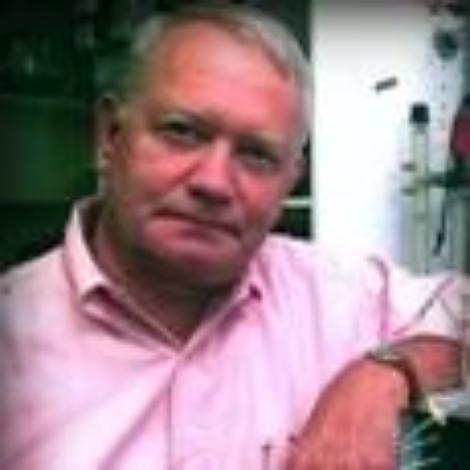





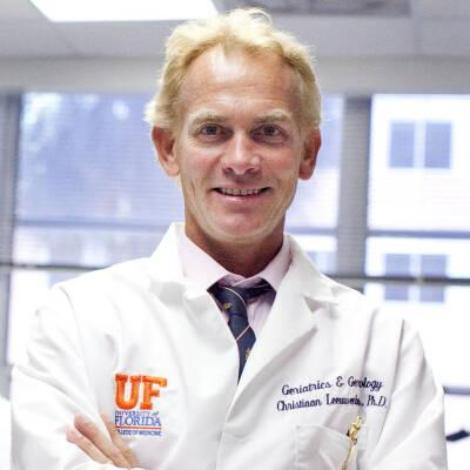





 Karla P. Shelnutt, Ph.D.
Karla P. Shelnutt, Ph.D. 